Inadequate sanitation and hygiene facilities can lead to children not attending school in fear of contracting illnesses such as diarrhoea or cholera. At St. Columbus Primary School in Zambia’s Southern Province, having only access to pit latrines at school prompted WATER FOR WATER (WfW) and FNB to intervene.
Over 1,200 students attend St. Columbus Primary School in Kabobola Community in Mazabuka, which has classes from Early Childhood Education to Grade 9. With ageing pit latrines and limited access to water, both students and teachers faced discomfort and serious health risks, especially during national health crises such as the cholera outbreak in 2023/24.
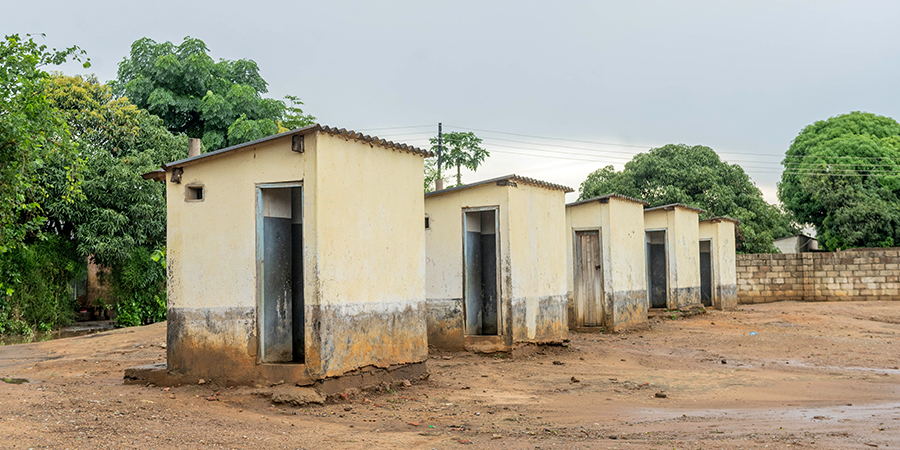
At the height of the cholera outbreak, WfW Zambia supported the school by upgrading its water supply from a manual hand pump to a reliable, mechanised and solar-powered pump and tank system. While this addressed a critical issue, there were still sanitation and hygiene challenges which needed addressing.
In February 2025, the FNB Foundation partnered with WfW on the ‘SHINE (Sanitation, Hygiene, and Innovative Natural Energy in Schools) at St. Columbus project to implement a solution for the school. With support from the DEBS Mazabuka office, school leadership, the PTA, and the local community, we set out to build not just toilets, but a sustainable, student-centred solution.
Two new, brightly coloured, gender-and-disability-inclusive ablution blocks now stand on the school grounds. One is designed specifically to cater to younger learners, with toilet facilities suited to smaller bodies. In addition, a separate facility has been built for the teachers, who previously shared two pit latrines among 46 staff (40 female and 6 male) - offering privacy, comfort and respect for the educators shaping young minds.
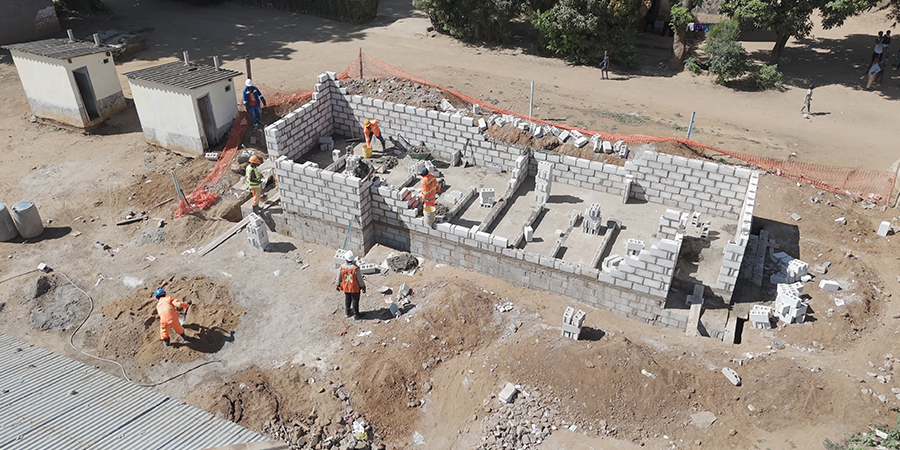
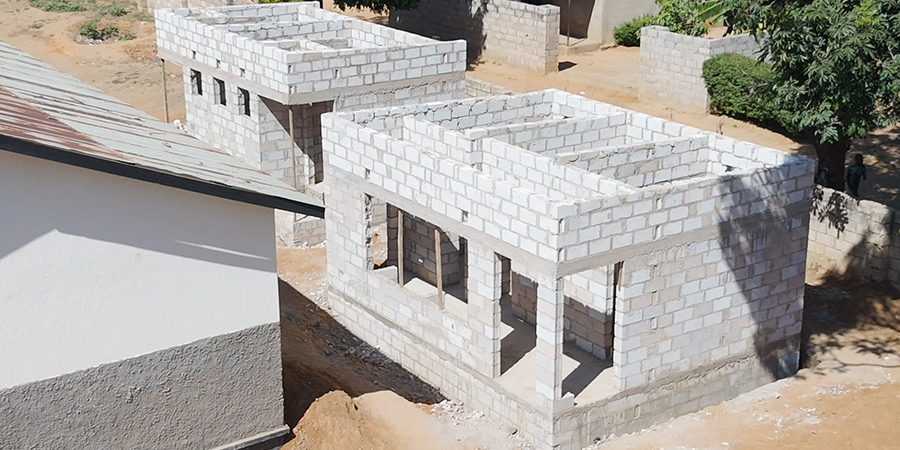
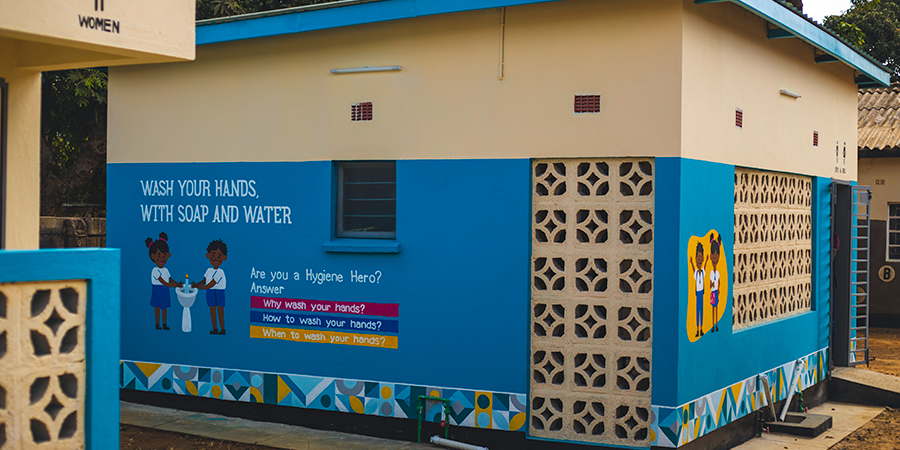
Grade 3 student, Peter Chiteta expressed excitement at the developments at his school - “I say thank you because the new toilet is good, it’s nice and beautiful. I like it!”
Aside from toilets, a climate-smart Decentralised Wastewater Treatment (DEWAT) system was built, which processes the waste from the ablution blocks into biogas, to be used for cooking in the schools' Home Economics class, as well as for the school feeding programme; the effluent (treated liquid) is used to fertilise the school’s banana plantation.
Through the WfW WASH Club, the school will continue to build a culture of hygiene and health beyond infrastructure, with the students and teachers at St. Columbus actively involved in hygiene promotion, cleanliness campaigns and menstrual health education. As part of a move to enable the success of the WASH Clubs, WfW donated menstrual hygiene materials, ensuring that no girl has to miss school due to a lack of basic necessities.
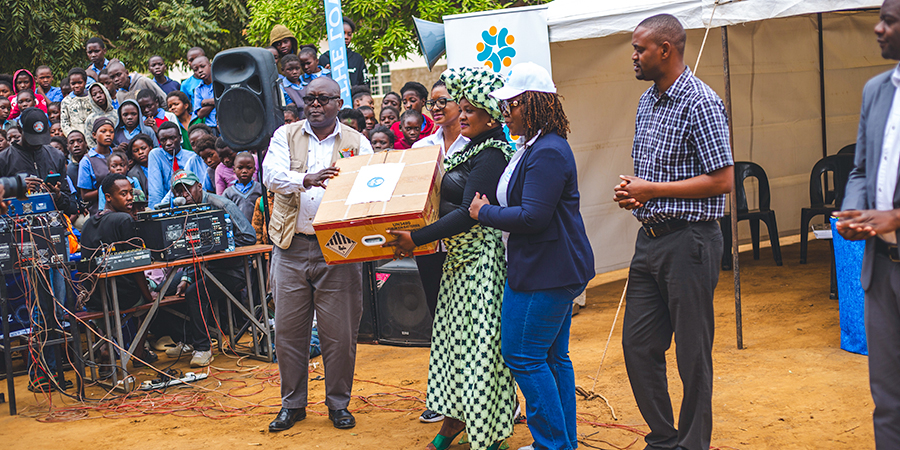
During the joyous handover ceremony, Ms. Kapumpe Chola, FNB CEO, expressed, “Beyond bricks and mortar, this project is about the people… It's about the learners, the community around St. Columbus, the teachers - it is about people. It is about the child who no longer has to miss class due to poor sanitation; it’s about the girl who now has privacy and dignity (with the menstrual toilet facilities).”
Ms. Tumba Mupango, WfW Zambia Managing Director, echoed the sentiments - “This facility is a symbol of partnership, progress, and a future where no child’s education is disrupted by a lack of necessities. To the learners: this is for you, and for generations to come. Care for it. Be proud of it. Let it be a daily reminder that your health, your dignity, and your dreams matter.”
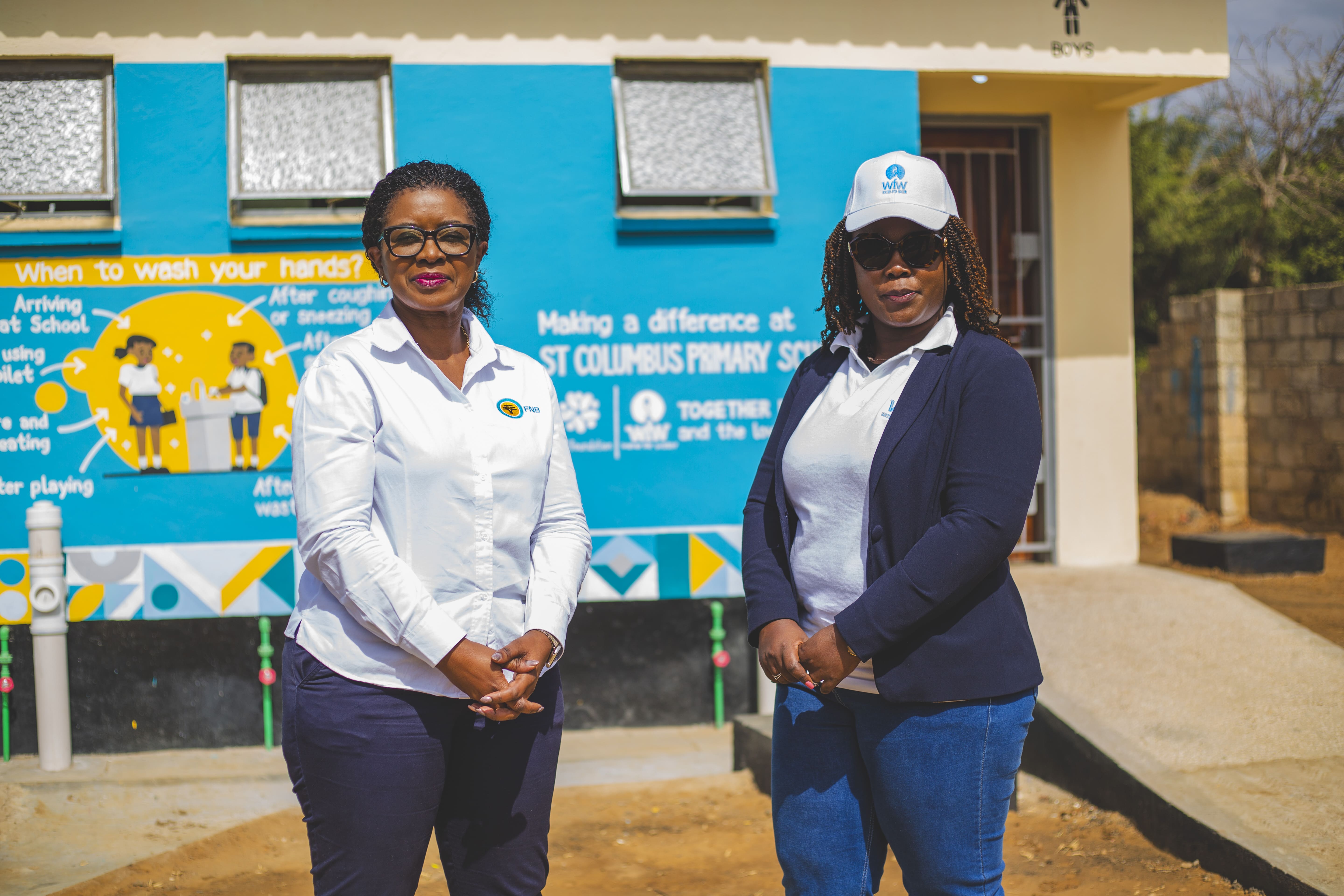
For both organisations, this milestone is more than just a construction project; it is a commitment to ensuring that children can learn in a safe and healthy environment.
Together for water, and the love of life.
.png)
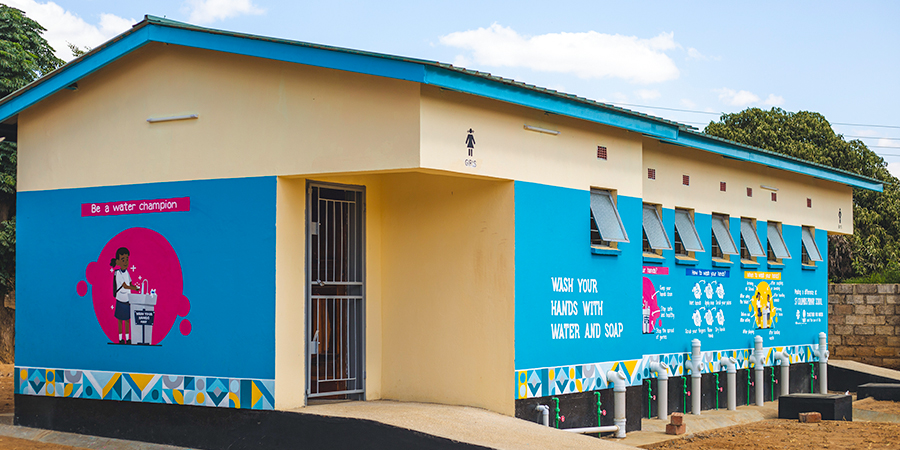
.png)